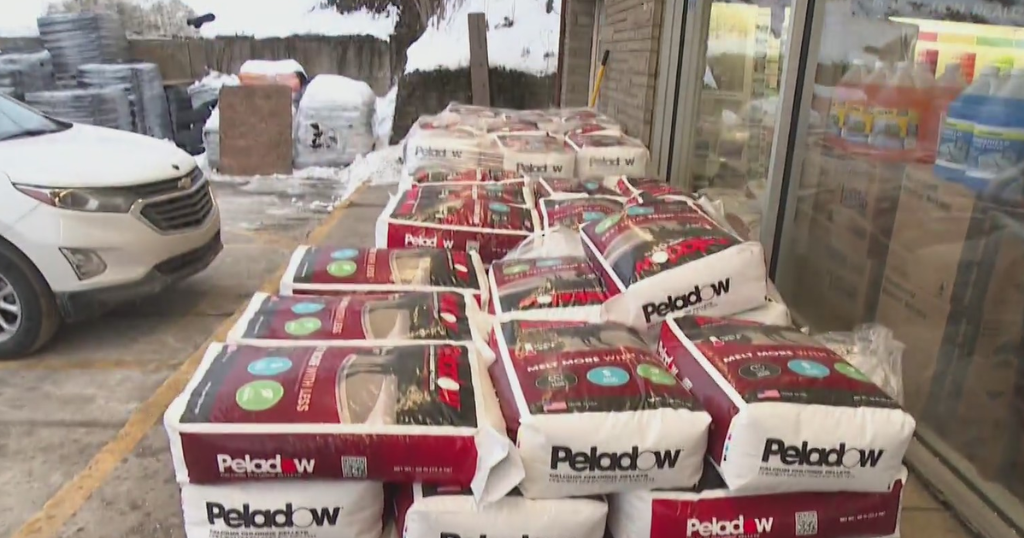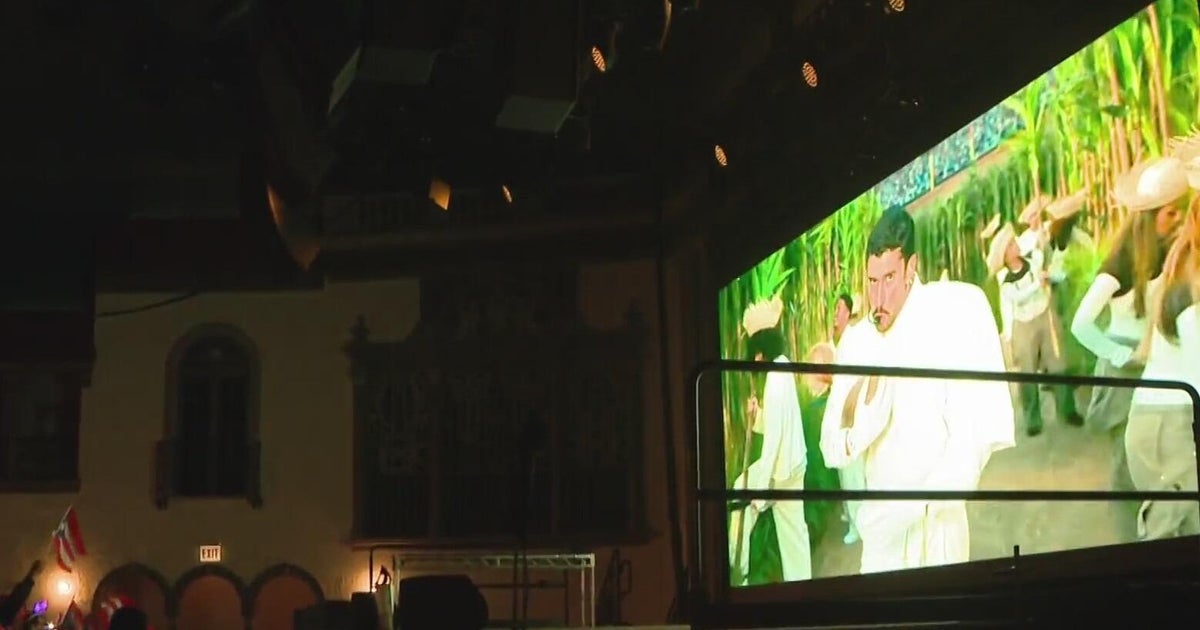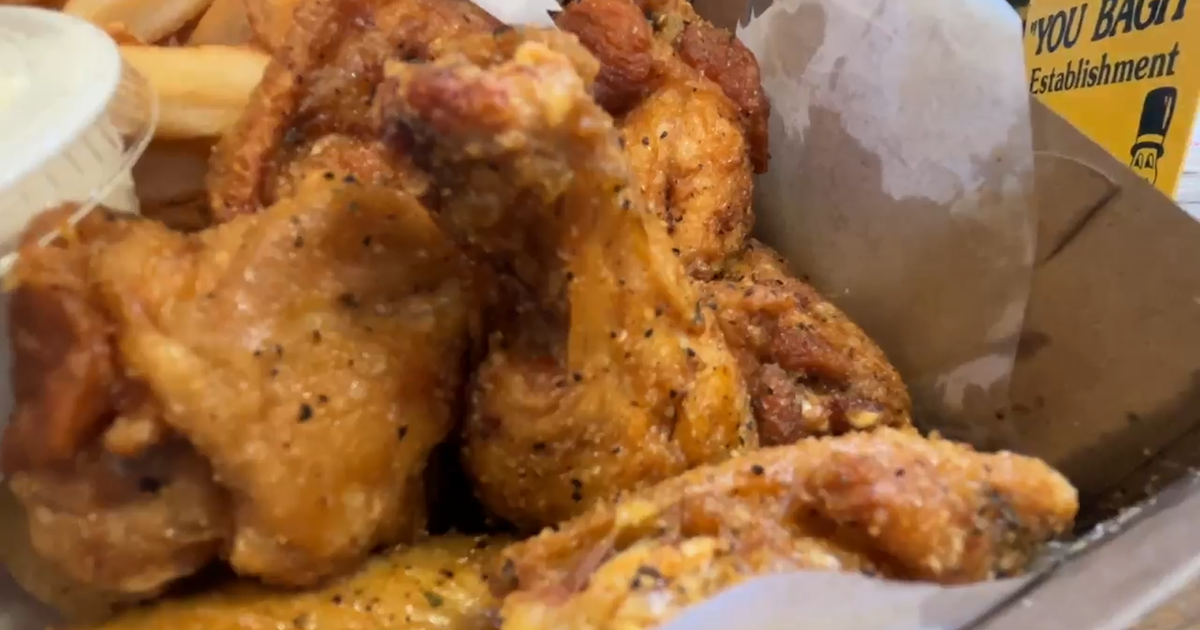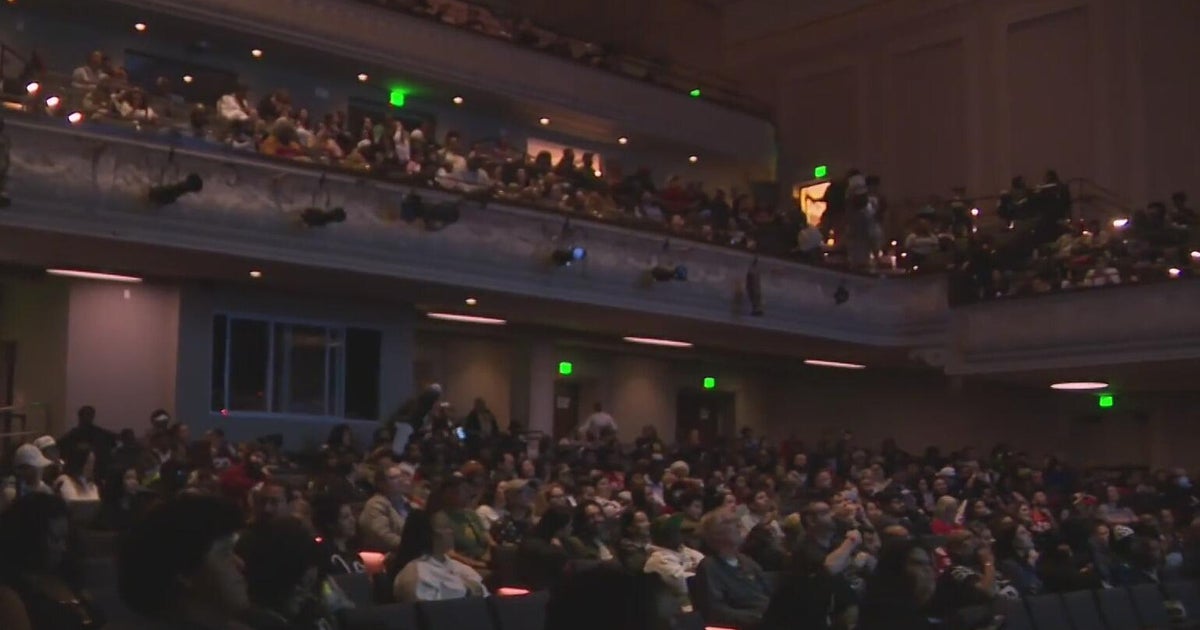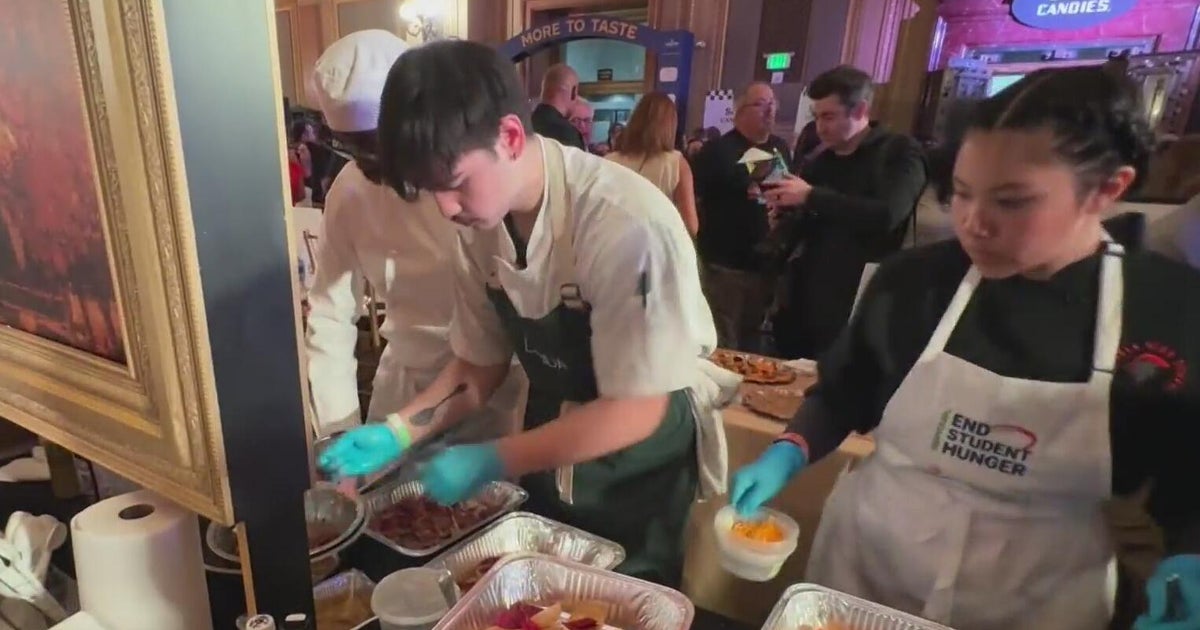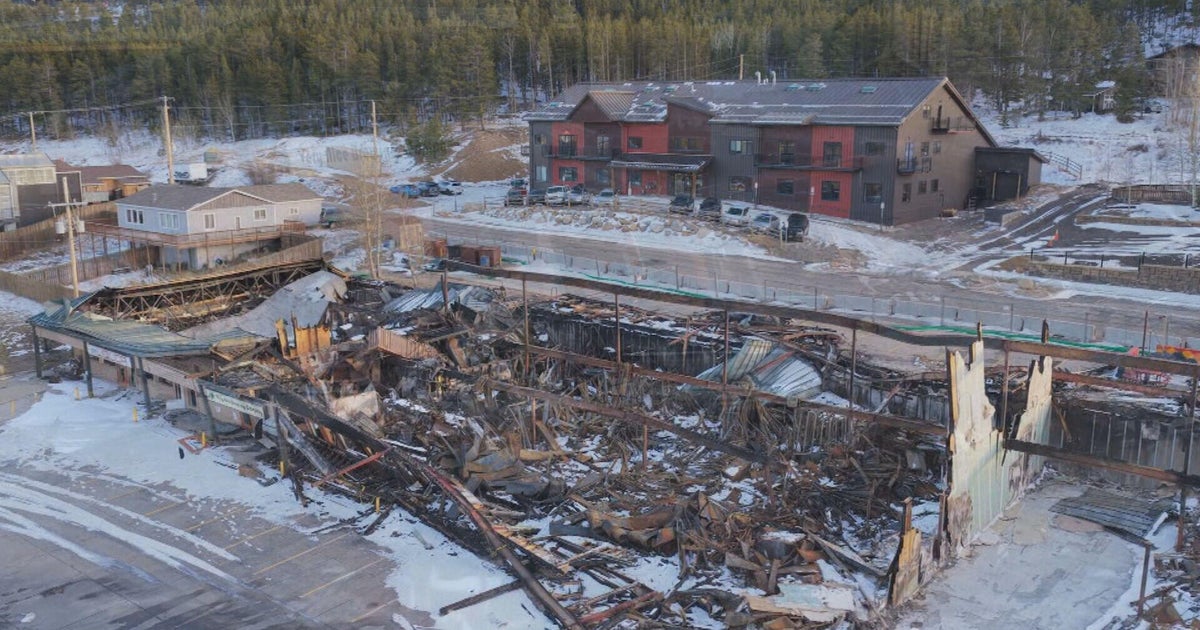How Does Soap Destroy Viruses? A Scientific Explanation
CHICAGO (CBS) -- You're already well familiar with this admonition, of course: wash your hands – it's the best defense against COVID-19.
But what is actually happening when you're scrubbing with good ol' soap? CBS 2's Lauren Victory looked into the science behind it.
We recruited the adorable sons of CBS 2 photographer Tim Viste – Lincoln and Leo – for a quick science experiment involving soap. It involved the water and pepper trick.
The boys filled a bowl with water and dropped some black pepper on top. With soapy fingers, those particles of pepper moved away.
The pepper disperses because the flakes aren't made of fat – one of two things soap is looking for. The other is water.
Confused? We also brought in Ball State University Public Health Professor Jagdish Khubchandani, who brought props to demonstrate as he explained.
"If you break down soap into small particles, the top part is binding with the water, and the bottom part binds with the virus," Khubchandani explained, "and when have hundreds of soap particles that bind to the water and bind to the virus, the entire virus is covered."
Hand-washing doesn't actually kill coronavirus – soap deconstructs it.
"Breaking it down through its walls… it tears apart the virus, protein and fat," he said.
So what does this teach us about washing our hands?
"Coronavirus will flip off my hands and go down the drain," Lincoln said.
Our expert says liquid soap is a little better than bar soap because you are more likely to scrub between your fingers.
Feeling drenched in the obvious? Here's one final thought from Leo.
"Don't touch anything," he said. "Don't touch your face."
What about antibacterial soap versus regular? The professor said both work fine, and both are better than hand sanitizer.
